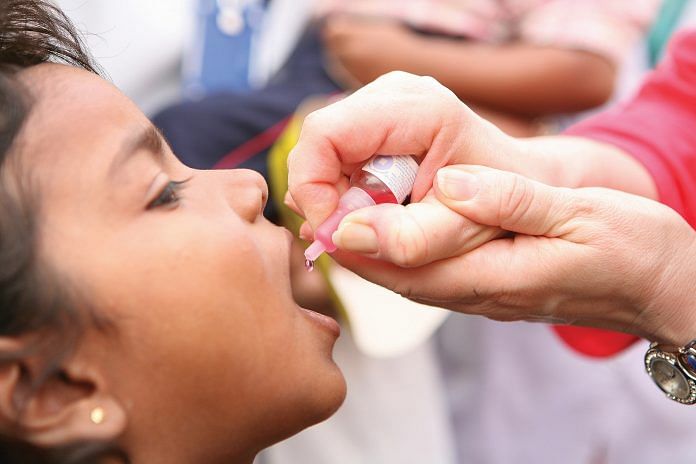Politically contentious issues have always led to a division in the WHO ranks between the developing and developed countries on whether IPR protection helps or hampers access to drugs.
How do countries with limited resources avoid getting bullied into making bad health policy choices? In India’s case, on one hand, the health sector has to stave off attempts by militant right-wing players from dictating immunisation policy; on the other hand, it must also ward off the extreme left wing from pushing price controls.
Very often, the World Health Organisation and its recommendations have been used to argue one way or the other – sometimes by state actors and at other times by opposing stakeholders, like in the case of infant foods where India wants to be cautious, or the push for stockpiling Tamiflu for swine flu.
The first African director general of the WHO, Tedros Ghebreyesus, will be chairing his first executive board meeting this week. Ghebreyesus came in promising a transformation of the way the WHO is structured and the manner in which it is run. His agenda is vast, stretching from mandating universal health care and public health preparedness to fighting climate change.
Sustainable Development Goals remain a major challenge for the world community, and will be met only when the rich and poor come together on contentious issues. Most of these issues will be discussed this week. The agenda lists several specific items: WHO reform, public health preparednesss, polio, and maternal and child health.
The elephant in the room, however, will be the issues of intellectual property protection, access to drugs and price controls. Should the WHO decide on issues that are basically sovereign decisions? If it does get into the question of property protection and pricing, will it not be intruding into domestic policy? We already have trouble when international protocols and prescriptions raise hackles in domestic policy making. In India, vaccines have been embroiled in a controversy for quite some time.
The Human Papilloma Virus (HPV) vaccine, for example, has been objected to by a protectionist right-wing organisation, the Swadeshi Jagran Manch, an affiliate of the powerful RSS. HPV is the cause of nearly 80 per cent of all cervical cancers. However, the SJM believes the HPV compromises safety and cost concerns, and has written about this to the Prime Minister. There are also a large number of populist drug pricing measures that the government is taking up in addition to defending previously taken compulsory licencing measures arguing for better access to treatment and therapy.
Given this, and similar policies, by way of restrictions on patent protection and licencing requirements, the WHO now might be setting itself up for failure if it continues to place politically vulnerable ideas on the table.
These contentious issues have always led to a division in the ranks with the developing and developed countries taking hostile positions, and never being able to come to a consensus on whether intellectual property rights protection helps or hampers access to drugs. What suffers is innovation and availability of drugs. Neglected diseases continue to be ignored and research budgets get diverted. We will watch this meeting with interest again.
The author is professor of economics at the Maulana Azad National Urdu University, visiting faculty at ISB, and teaches health economics at Manipal University.



